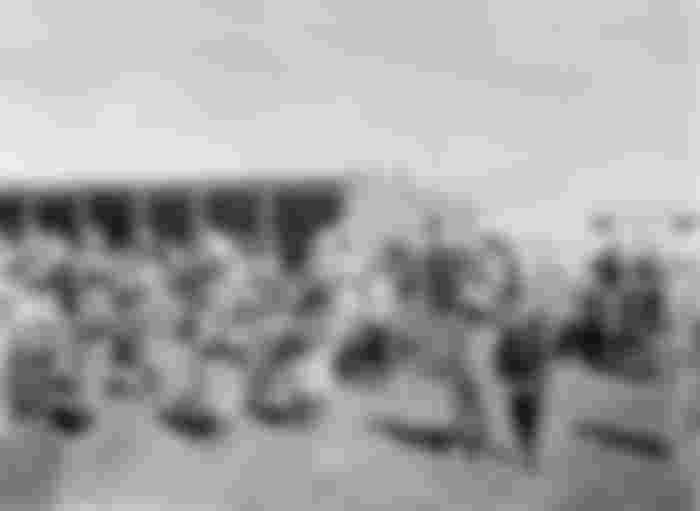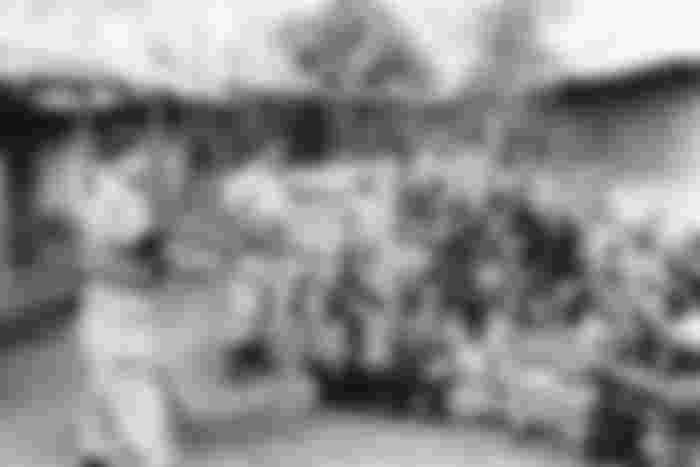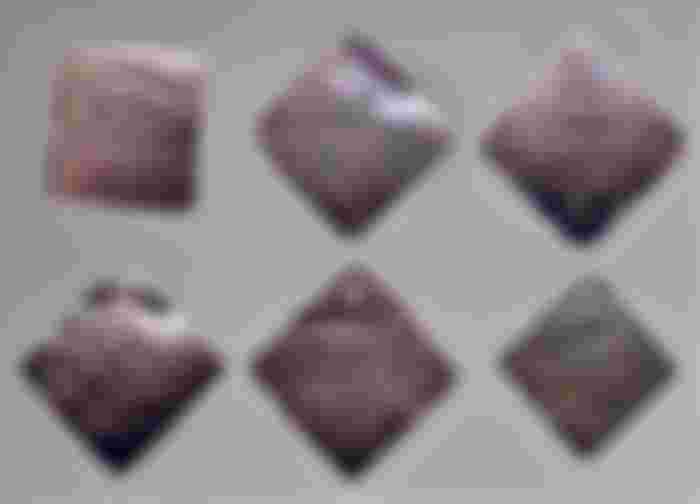Because of the diamonds, the British are building concentration camps
The British Empire in the area of today's South Africa clashed at the end of the 19th and the beginning of the 20th century with Transvaal and Oranje, territories that belonged to the white settlers of the Burmese. The Buri or Afrikaners are the descendants of mostly Dutch settlers in South Africa. They immigrated in the eighteenth century, and in the nineteenth they partly moved to the free state of Oranje and Transval (known as the Boer Republics). The persecution of Bura by the British colonialists followed, because rich diamond deposits were discovered in that area. Due to the strong interest in getting rich, the English did not shy away from any crimes and persecution of the Boers.

The First and Second Boer Wars ended with the victories of the British and the annexation of both countries, but the conflict was remembered worldwide after the mass deaths of mostly women and children in overcrowded concentration camps where the British held about 107,000 people. Due to catastrophic conditions and lack of food, about 30,000 people lost their lives in them, mostly civilians (black population was not included).
These were concentration camps that were a model of what German, Russian or American camps might later look like. The British kept a sixth of the Boer population in prison, mostly women and children, where various diseases spread.
And Bure men were sent by the English to camps in India, Ceylon (Sri Lanka) and other British colonies. A total of 200,000 people were housed in all British concentration camps, which was half the population of the Boer republics. In the English concentration camps, only 1901, 17,000 people died of hunger and disease, of which 14,300 were children.
With the abolition of slavery, slave owners were given a walk
Researchers at University College London have compiled a list of as many as 46,000 wealthy people, owners of factories, plantations, and mines… who have received compensation from the state for losing their "property" - slaves (slave ownership was finally banned in Britain in 1833). The government then gave them a total of 20 million pounds, which was a huge amount of money - as much as 40 percent of the total annual government spending at the time.
The slave trade was a very important factor in the British economy, as were other slave-trading countries.

The meticulous Dutch calculated their direct profit from the trade and sale of slaves: it amounted to about 700 million euros a year. Other gains were also large. Slavery was officially abolished only at the end of the 19th century: in Britain in 1833, in the USA in 1865, and in Brazil in 1888. And there were slaves for a long time!
Tragedy in Nigeria (Bijafra)
In Biafra (Nigeria), two to three million blacks were killed in ethnic armed conflicts (civil war) or starved to death (1967-1970), according to several different sources. The causes of the conflict are ethnic and religious tensions between the predominantly Muslim population of the Hausa people in the north, and the predominantly Christian and animistic population of the Igbo people in the south of the country. The war broke out after gaining independence from Britain, which had occupied the area for years.
According to Mark Curtis' book "Unpeople" (London 2004), the war in Biafra (Nigeria) took between one and three million lives. It should be explained that the Republic of Biafra was a secessionist state that existed on the territory of today's southeastern Nigeria. It existed from May 30, 1967 to January 15, 1970. Biafra was inhabited by the Igbo people, who led the secession due to economic, ethnic, cultural and religious tensions between the numerous peoples of Nigeria.
The Nigerian government imposed an economic blockade of the Biafra area with the help of the British allies, which led to a mass famine in Biafra in the following years. The resistance was broken after two years, and as millions of people died in the fighting and starvation, most of them were civilian victims, women and children. It should be noted that conflicts with brutal killings continue in this area even today, where "Boko Haram" is waging a brutal war throughout northeastern Nigeria.
Destruction of the Zulu tribe
During the 1870s, the British army clashed with the Zulu people in southern Africa, one of the largest tribes in all of Africa. In the fierce battles of the Zulu, the warriors were more successful at the beginning, and later they suffered en masse in the battles. Many witnesses say the British carried out the massacre at the Battle of Rorks Drift. There was no mercy of the British red uniforms, most of them were decorated! For the most part, after that, the Evil Tribe no longer posed a threat to British interests in southern Africa.

And in Rhodesia, present-day Zimbabwe, the British have been plundering land from natives and natives for years and looting diamond mines. Violence and war crimes happened at every turn.
"Mau Mau" uprising and destruction of the Kikuyu tribe
An uprising of the Kikuyu tribe called "Mau Mau" broke out in the British colony of Kenya in 1952. On one side were local rebels (among them the British who lived in Kenya), and on the other the British army. The British took the victory, killing about 100,000 people. Thousands of older Kenyans claim to have been abused, raped and tortured by British colonial powers. They have filed a lawsuit against the British government seeking £ 200m in damages.
The camps were called "British gulags" or concentration camps, where, according to Kikuyu, they were systematically tortured and sexually abused. The British government took another 1.5 million Kikuyu, almost the entire population to concentration camps, where they were waiting to die.

Permanent Segregation - The separation of the population of Africa was carried out by the British on the basis of racial, ethnic, national, religious and gender criteria. British segregation was massive and lasted 30 times longer than Hitler's.
The main problem of Africa is still the terrible famine that takes tens of thousands of lives every year. It should be noted that hunger and death are a direct consequence of what the British and other occupiers from Europe and America have been doing on this continent for hundreds of years.
Descendants of black slaves, their sons and grandsons are now "born free", but most live almost identically to their parents, grandparents and great-grandparents - they live unfree and hungry! Africa is ruled by deadly misery and many diseases. The history of the presence of Western countries in Africa is marked by crimes - from the slave trade and a series of colonial genocides to neo-colonial domination, looting and rape.

Images of tragedy, helpless children dying of hunger, have become the main image of Africa. The fate of an entire continent is incredibly sad, the majority of the population that is still dying of hunger and disease, as it was centuries ago. All this is a consequence of constant and long-lasting plunder and the insatiable profit of British and other capitalists.
The plunder of Africa has not stopped for hundreds of years. Great riches from the Egyptian pyramids, works of art up to gold, diamonds, ivory and oil were stolen by the British without payment. And no one has ever been punished for barbaric crimes, nor have stolen treasures been returned. Until?
Help with creating text from the following pages:
https://www.b92.net/zivot/vesti.php?yyyy=2013&mm=02&dd=27&nav_id=690690
http://www.dw.com/hr/ne%C4%8Duveni-britanski-zlo%C4%8Dini-iz-kolonijalnog-doba/a-1609971







Woow i didn't know that